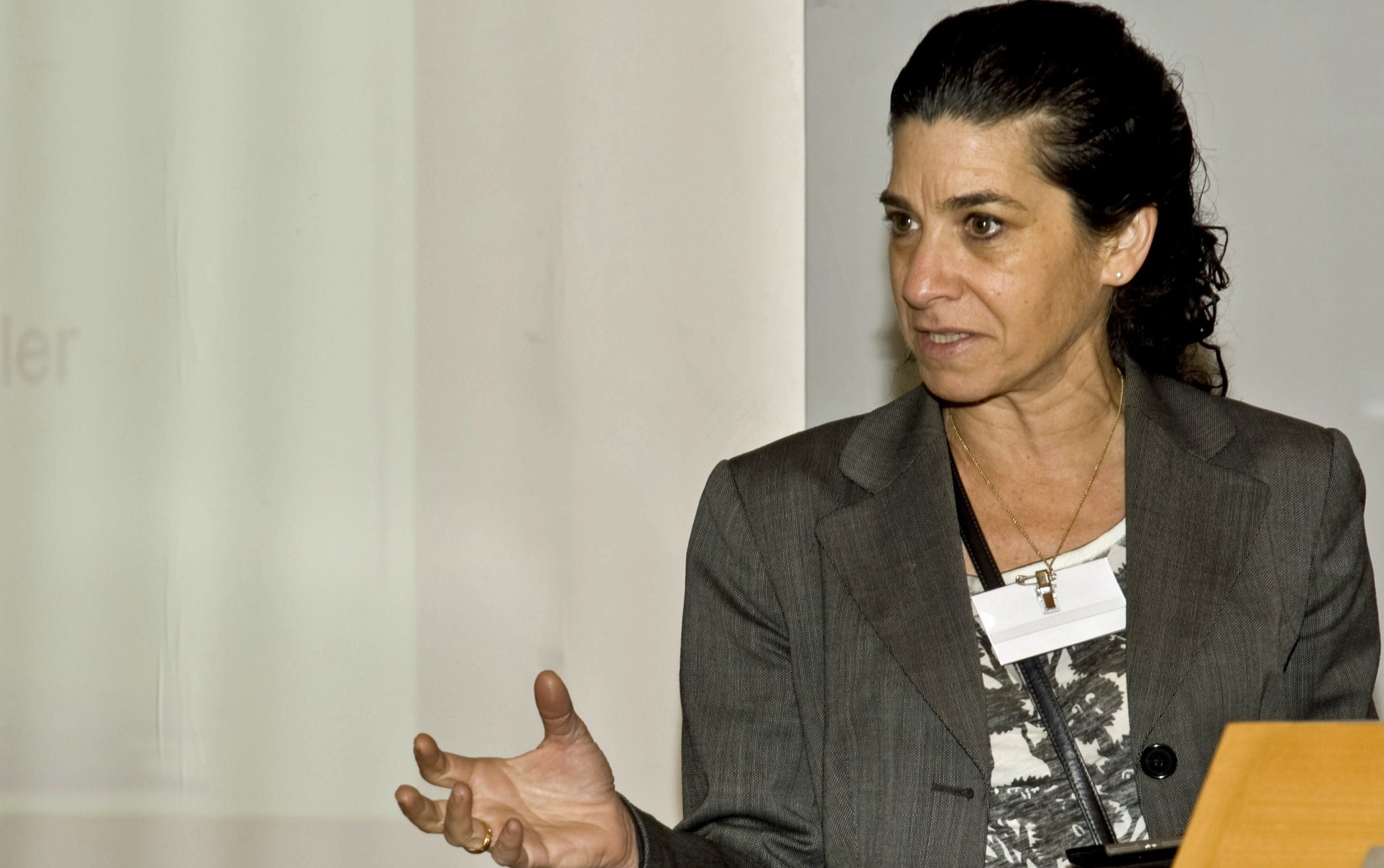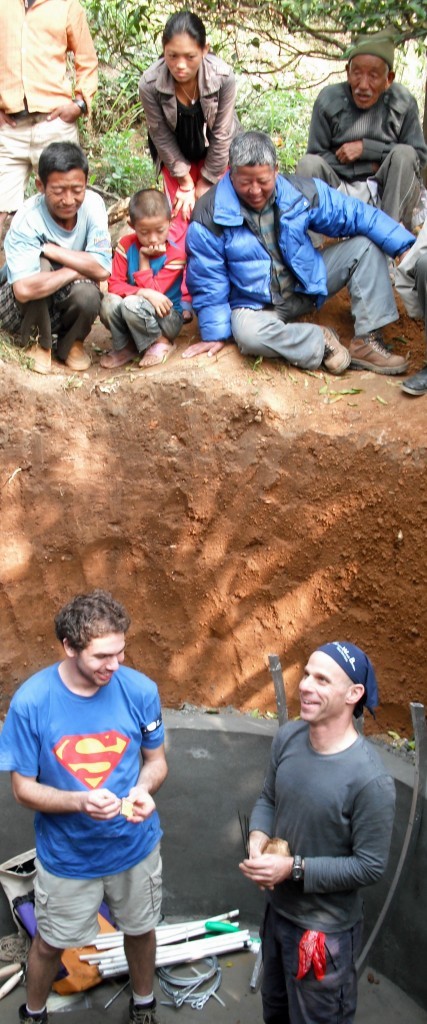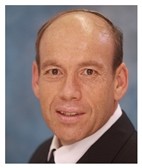Prof. Eliezer Shalev, Dean of the Technion’s Rappaport Faculty of Medicine:
“Future Medicine will focus on prevention, prediction, and early diagnosis – and technology will have an important role to play in this transition”
Prof. Shalev made these remarks at the “Mobile-Social-Cloud Meets Medicine” conference held by the Faculty of Medicine and Technion Computer Engineering Center (TCE) – where special sensors for smart phones were presented, capable of monitoring various diseases using cloud computing and big data
“Future medicine will focus on prevention, prediction and early diagnosis – and technology will have an important role to play in this transition,” said Prof. Shalev, Dean of the Technion’s Rappaport Faculty of Medicine at the Mobile-Social-Cloud Meets Medicine conference. The event was held by the Technion’s Faculty of Medicine and Technion Computer Engineering Center (TCE) in conjunction with Cornell University, within the framework of the T2MED Program launched by the Technion’s Rappaport Faculty of Medicine, which aims to encourage research and development of medical technology.
The event, organized by Prof. Uri Rosenschein from the Technion’s Rappaport Faculty of Medicine, Prof. Shie Mannor from the Technion’s Faculty of Electrical Engineering and Prof. Deborah Estrin from the Faculty of Computer Science at Cornell University, was attended by academics from the Technion and Cornell University, representatives of startup companies who presented interesting new developments in the field and representatives of venture capital funds.
“Today’s technology makes it possible to do many things that were never before possible. The smart phone is a device that can also detect location and is a movement, velocity and acceleration indicator. Its camera and voice recording capabilities makes these popular devices ideal medical sensors. We will also be able to predict and detect high risk populations according to genetic traits using data mining, medical records and information from pharmacies, big data management, sophisticated algorithms and by using personalized medicine through sequencing technology and bio-informative tools” summarized Prof. Shalev.
In the first part of the conference, systems using smart phones were featured as sensors of different diseases. Prof. Shie Mannor from the Technion’s Faculty of Electrical Engineering spoke about the way by which raw data picked up by smart phones can be turned into accessible and comprehensible information. The automatic translation of the machine’s language will allow us to understand human behavior from the data in a way that would also permit a search, aiming to improve diagnosis and treatment of many medical conditions.
Dr. Mor Peleg, from the Department of Information Systems at the University of Haifa, described her role in the large European Project MOBILGUIDE, which provides discharge patients a belt that can measure different variables in their body, particularly those that influence heart activity, and transmit it via smart phone to a service center enabling doctors to make immediate diagnosis and decisions.
Dr. Elad Yom Tov, from the Microsoft Research Lab in Israel presented a study based on queries sent to the company’s search engine on medical issues. The researchers examined the prevalence of particular queries about medical conditions and medications, and the links between them. It turned out that when people asked about a particular illness, it was very likely (88.4%) that they will also perform queries on medications related to that disease.
Offer Fabian, co-CEO and co-founder of Medical Research, described a big data project conducted by his company together with Maccabi Healthcare Services, where the organization attempted to check variables in blood tests of people who were diagnosed with colorectal cancer. It turned out that before cancer was detected, the scan revealed a decrease in hemoglobin, even if it remains within the normal threshold. Although this test scan, which is not particularly pleasant, is highly recommended to people above the age of 50, the response level is not high. An electronic scan – one which is in addition to the numerous blood tests performed here in Israel for different reasons, may help identify people at risk and contact them with a request to take a scan in order to detect the disease at an early stage when it is still possible to operate with reasonable recovery prognosis.
The winners of the Hacking Health 3Day Startup competition, recently held by the Technion’s Faculty of Medicine, presented their project. Oren Fuerst from Dario LabStyle, a company that ordinarily develops an all-in-one device containing everything needed by diabetes patients (such as blood glucose meter, test strips and piercers, whereby the glucose meter continually reports to the cloud), demonstrated a project that is geared towards children with diabetes – the Gluco-Gotchi game. This is a type of Tamagoochi for diabetics, helping children understand the importance of meal times, time for insulin injections and more. Children take care of their “Gluco-Gotchi and as its condition improves, so does theirs. According to Fuerst, this is an attractive application, where children are able to identify with a virtual character. “The bottom line is that we are improving the cooperation of these young patients, by teaching and encouraging good habits to minimize complications. In the future we will attempt to do the same for other illnesses such as hypertension and obesity,” he said.
Omer Shor, the founder of MEDISAFE, introduced a new application that develops videos providing an explanation of a medication to replace the printed instructions attached to all medications. Every clip is tailored to a specific group of patients with similar characteristics, and each patient receives only the relevant video relating to the drug he/she is taking, along with reminders via relevant means including mobile devices. According to Shor, the system helps prevent double doses of medication from accidentally occurring, which is one of the most significant factors leading to death.
Arthur Wechsler, CEO of Healarium, presented an application that allows patients to access his/her medical file documents (applicable primarily in the U.S., where a decentralized health system is in effect), and grant doctors of their choosing access to the la tests, x-rays, medical summaries, etc. Additionally, the company created a modeling intervention system so that doctors could intervene as necessary.
Ziv Yekutiel, CEO of the MON4T, demonstrated a self-testing brain functioning system. The system is designed to improve the health and safety of patients suffering from neurological disorders. “After neurological surgery it is important to monitor discharged patients regularly, but currently, only random checks are done and at extended intervals, and there is no one to respond to a sudden worsening of a patient’s condition.”
To view lectures and slides from the event click: http://www.youtube.com/course?list=EC290778372A24464D



